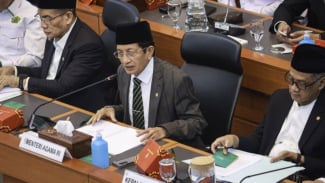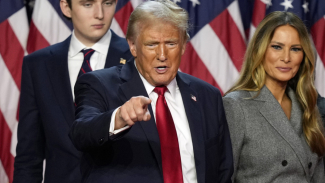WhatsApp Potentially Becomes an Illegal App in the UK
- Unsplash
VIVA – WhatsApp may be banned in the UK. The upcoming Online Security Bill could force apps to weaken the end-to-end encryption that currently secures messages on the platform, said Will Cathcart, the head of WhatsApp at parent company Meta.
If the government forces the company to undermine security, WhatsApp will refuse, so there is a possibility that the Meta subsidiary will be banned entirely within the country.
End-to-end encryption secures messages by ensuring that only those sending and receiving them can read them, and even the services themselves do not have access.
Moreover, technology companies and security experts say it is necessary to protect messages from hacking and other threats – but officials including those in the UK have argued that it should be weakened so that messages can be scanned for illegal content.
CEO WhatsApp, Will Cathcart.
- DNA India
Cathcart expressed shock that the company would be forced into such a policy in the UK. But he said that the upcoming legislation does not give proper confidence that the app would not be forced into weakening its privacy.
“It’s a remarkable thing to think about. The experience we’ve faced all around the world is that’s only happened in governments that were trying to crack down on their citizens’ ability to communicate freely.” Cathcart stated.
If the UK’s government were to push for such changes, it will establish the same around the world on different topics and different issues.
The Online Safety Bill was first introduced by Boris Johnson and is currently making its way through parliament. It allows the government or regulator Ofcom to demand that apps scan messages for terrorist material or child sexual abuse, which would not be possible without weakening the encryption that currently protects all messages.
Authorities already can demand that apps remove encryption, under the Investigatory Powers Bill, which companies including Apple explicitly oppose.
But the encryption is still there, and Cathcart confirmed that WhatsApp has not received a request to remove it from the UK government.



























